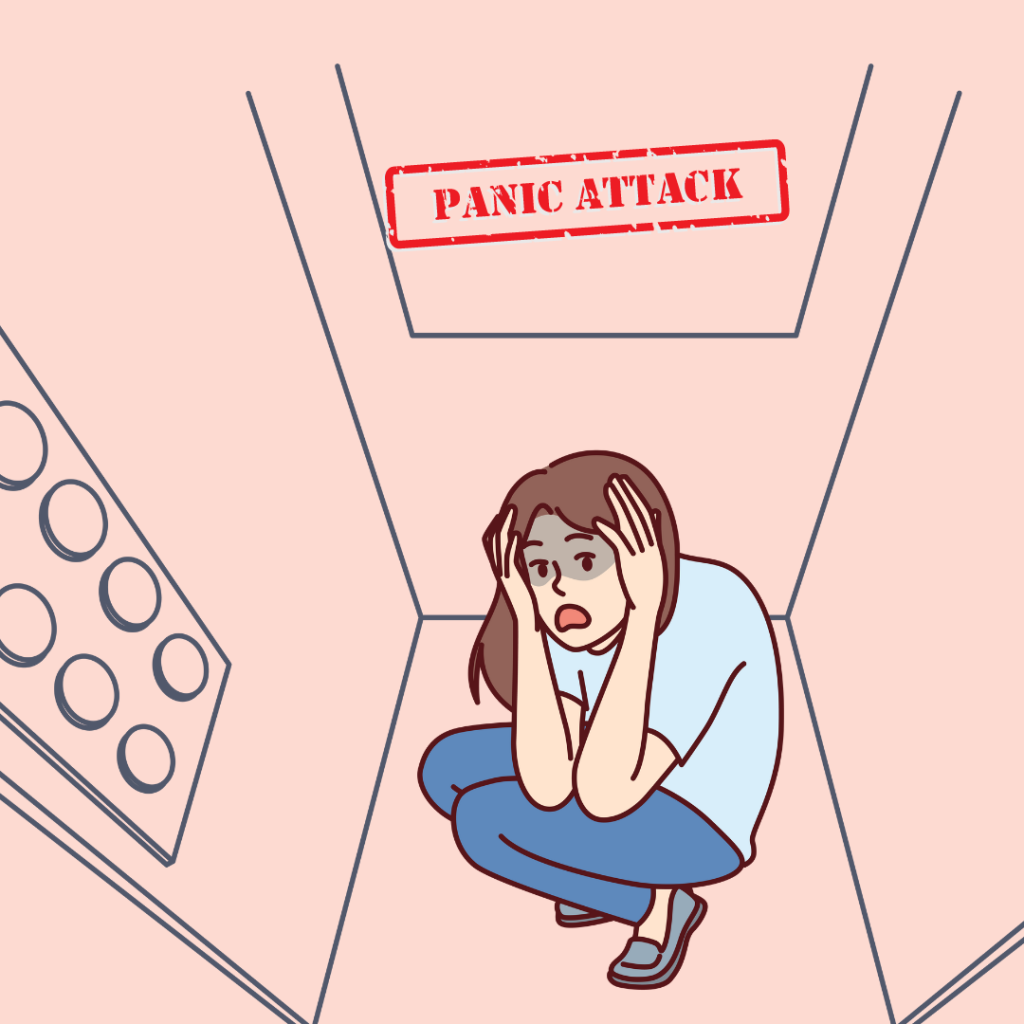A Comprehensive Guide to Medication-Based Treatment of Panic Attacks: What You Need to Know
Panic attacks can be debilitating and disrupt daily life for those who experience them. While therapy and lifestyle changes are often effective treatments, effective panic attack therapies and medication-based approaches, including medication options for panic attack treatment, can provide valuable support in managing panic attacks. In this comprehensive guide, we will explore the various aspects of medication-based treatment for panic attacks, including the types of medications available, their effectiveness, potential side effects, and important considerations to keep in mind.
Understanding Panic Attacks
Before delving into medication-based treatment or Panic Attack treatment, it’s essential to understand panic attacks and their underlying causes. Panic attacks are sudden episodes of intense fear or discomfort that peak within minutes. Symptoms can include a racing heart, shortness of breath, trembling, dizziness, chest pain, and a sense of impending doom. Panic attacks can be triggered by specific situations, such as crowded places or flying, or they can occur unexpectedly. Effective panic attack therapies, including cognitive-behavioral therapy (CBT), exposure therapy, and relaxation techniques, can help individuals manage and overcome panic attacks.
Medications for Panic Attacks
SSRIs are commonly prescribed for panic attacks and anxiety disorders. They work by increasing serotonin levels in the brain, which helps regulate mood and anxiety.
Benzodiazepines are another class of medications used to treat panic attacks. They work by enhancing the effects of a neurotransmitter called gamma-aminobutyric acid (GABA), which reduces anxiety and induces relaxation.
Beta-blockers are primarily used to treat high blood pressure, but they can also help manage some physical symptoms of panic attacks, such as rapid heart rate and trembling. These medications work by blocking the effects of adrenaline, a hormone involved in the “fight-or-flight” response. Propranolol (Inderal) is a commonly prescribed beta-blocker for panic attacks.
Alternative treatments for panic attacks include techniques such as cognitive-behavioral therapy (CBT), relaxation exercises, and mindfulness meditation.
Effectiveness of Medication-Based Treatment
Medication-based treatment, including various options for panic attack treatment, can be highly effective in reducing the frequency and severity of panic attacks. SSRIs, in particular, have been extensively studied and shown to be beneficial for panic disorder. Medication options for panic attack treatment may include SSRIs. Benzodiazepines provide rapid relief from symptoms but are generally reserved for short-term use due to their potential for dependency. Additionally, other medication options such as beta-blockers primarily target physical symptoms and may be used in combination with other medications.
Side Effects and Considerations
Common side effects of SSRIs can include nausea, headaches, insomnia, and sexual dysfunction. It’s essential to discuss any concerns or side effects with your healthcare provider, as they may adjust the dosage or switch medications if necessary. Additionally, SSRIs may interact with other medications, so it’s crucial to inform your healthcare provider about any current medications or supplements you are taking. If you are experiencing panic attacks, it is recommended to seek professional help from a panic attack clinic near you.
While benzodiazepines can provide immediate relief, they carry the risk of dependence and can cause drowsiness, confusion, and impaired coordination. It’s important to follow your healthcare provider’s instructions carefully and use benzodiazepines only as prescribed.
Importance of Medication-Based Treatment for Panic Attacks
Medication-based treatment is essential in managing panic attacks, offering relief from distressing symptoms and improving overall quality of life. Selective Serotonin Reuptake Inhibitors (SSRIs) are commonly prescribed due to their effectiveness in reducing panic attacks and anxiety symptoms. However, caution should be exercised when using benzodiazepines, as they provide rapid relief but have a potential for dependency.
Additionally, beta-blockers can address the physical symptoms associated with panic attacks. It is crucial to work closely with a healthcare provider to determine the appropriate medication and dosage, considering individual needs and potential side effects. It is important to note that medication should be complemented with therapy and lifestyle changes for a holistic approach to managing panic attacks. For comprehensive treatment related to panic attacks, it is recommended to consult Dr. Pankaj Kumar, the best psychiatrist in East Delhi.
















